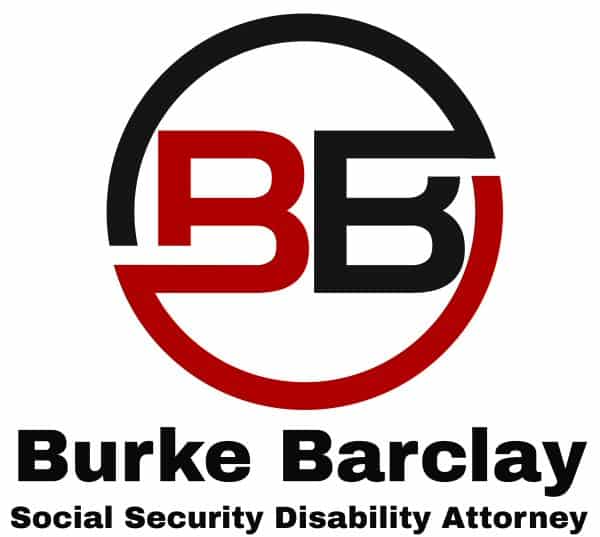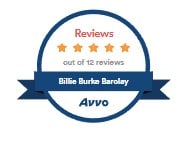What Is A Technical Denial Of My Social Security Disability Claim?
Not all denials are because the Social Security Administration feels you are capable of working despite your physical or mental limitations. In fact, your case can be denied for a number of reasons besides for medical reasons.
The trick is to understand how to fix the denial/problem if it should happen to you.
First, let’s talk about some of the denials that may occur before your case ever actually leaves your local Social Security office.
Every case starts out the exact same, whether you are filing for Social Security Disability Insurance (SSDI) or Supplemental Security Income (SSI) benefits. One must meet either the financial or work credit requirements in order for his or her case to be sent to the state Disability Determination Service (DDS).
The trick is to get your case out of the local Social Security office and on to your local state DDS. Only once your case is sent there, will it be reviewed to see if you qualify for disability benefits.
Lots of acronyms, I understand it can get confusing.
If you do not have enough work credits, then you are going to have to qualify for SSI benefits. If you have too many assets or your household income is too high, then you may find that you can qualify for neither SSDI or SSI.
So, here are some typical scenarios:
1. You have not worked long enough to earn enough work credits for SSDI. You are married, and your spouse makes too much money every month. If this is the case, then you will be denied both SSI and SSDI benefits.
2. You have enough work credits, but you have not reduced your work hours to be under the threshold cap for SSDI and your case is denied because you have continued to work despite claiming you are disabled.
3. You are married and you do not have enough work credits to qualify for SSDI, but you and your spouse are legally separated and the Social Security Administration “deems” your spouse’s income towards you, but it should not have been. You do not live together and you are not receiving any income from your estranged spouse.
4. You are not married but you are living with someone else. The Social Security Administration believes that you are married under common law in your state and disqualifies you from all disability benefits because you do not have enough work credits for SSDI and his or her income is deemed towards you by mistake.
Those four scenarios are the most common.
When this happens, the claimant’s case is not allowed to leave his or her local Social Security office until the issues are rectified. In fact, Social Security will actually send a denial letter stating that the claimant is unable to qualify for any disability benefits at that time.
So, how do you fix these problems if one of them happens to you?
1. Read your denial letter and follow the instructions given. It is very important you do exactly as required or you may find that you will have to start your case all over again.
2. File an appeal in writing to your local Social Security office explaining that you are not living with your spouse, you are not married, you have stopped working, etc. Since these kind of denials are technical and not for medical reasons, you must take your denial to your local Social Security office to ensure it was received in a timely manner. Do not mail it. You run the risk of your local office misplacing it.
3. Make an appointment and go down to your local Social Security office and speak with a case manager face to face. The importance of this can not be overstated. Your Social Security representative will tell you what steps you need to take in order to fix your problem. For example, you may need to file an affidavit stating that you and your spouse are legally separated and you do not receive any income from him or her.
4. Make an appointment file your SSI claim. For many who have been denied because they lack work credits to qualify for SSDI, the solution may be as easy as calling the 800# and asking for a SSI interview. A Social Security representative will schedule a time for you to do an interview over the phone, which may resolve your case issues. From there, once the issues are resolved, your case will then be transferred to your state DDS office where your case will be determined by your medical records.
Many times, and these situations seems to repeat themselves over and over, a case can be saved just by communicating with the local Social Security field office. For example, if you were thought to be married, you can go to your local office with last year’s tax returns and show that you filed as a single individual rather than as married. You can explain that you are only living with this other person and the two of you do not hold yourselves out as being husband and wife.
If these situations are confusing, then you are not alone.
What is important to remember if one of these types of situations arises, go to your local Social Security office and speak face to face with a representative to resolve your issue(s). Because, if you do not, then you will find that your case will stay in your local Social Security office until the issue(s) are resolved. Don’t be a victim of your circumstances. If you truly are unable to work and one of the above situations have been been incorrectly applied to you, then you must do what you can to correct it.
You Need an Experienced Social Security Disability Lawyer
We represent claimants fighting for their Social Security disability benefits throughout Texas and California. Contact the Law Office of Burke Barclay for a highly experienced Social Security Disability Lawyer in Dallas, Texas
"Experienced Social Security Disability Lawyer representing clients throughout the United States who either need to initially file for their Social Security disability benefits or have been denied at one of the various stages throughout the process to give them the best chances of success."
Business Address
The Law Office of Burke Barclay
3838 Oak Lawn Ave.
Suite 1000
Dallas, TX 75219
Business Hours
Monday - Friday
8:00 AM - 5:00 PM





